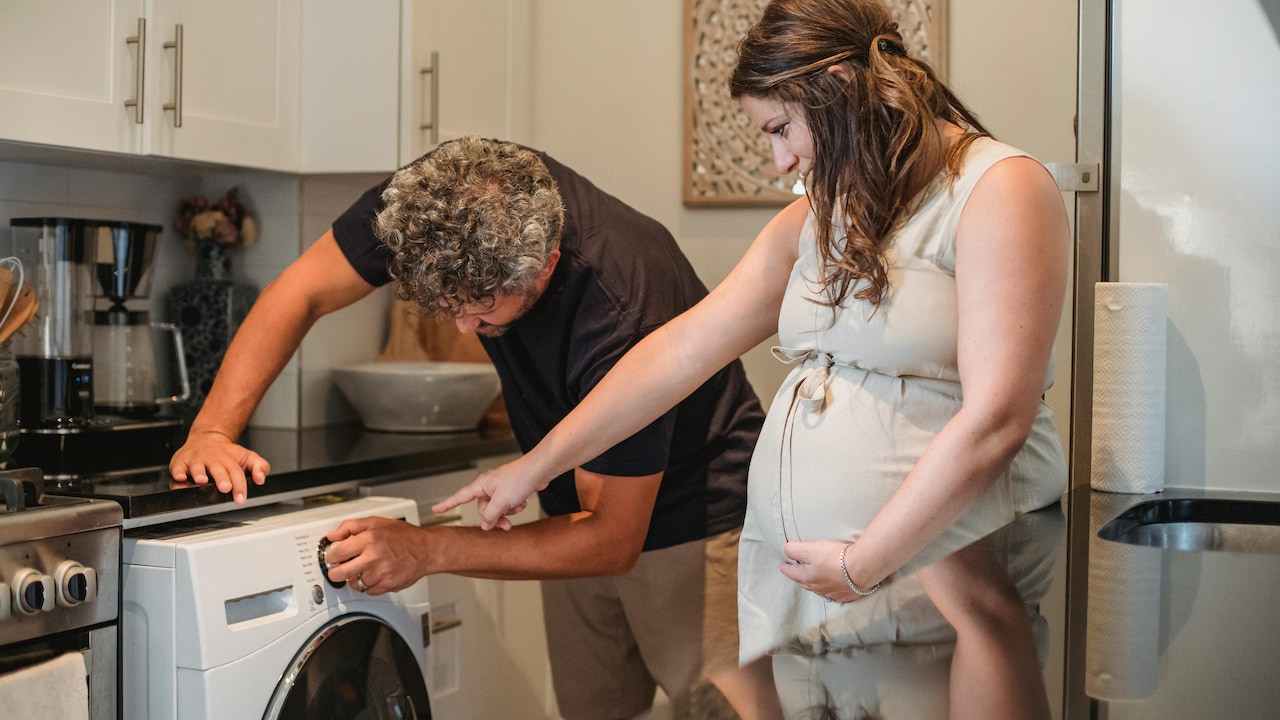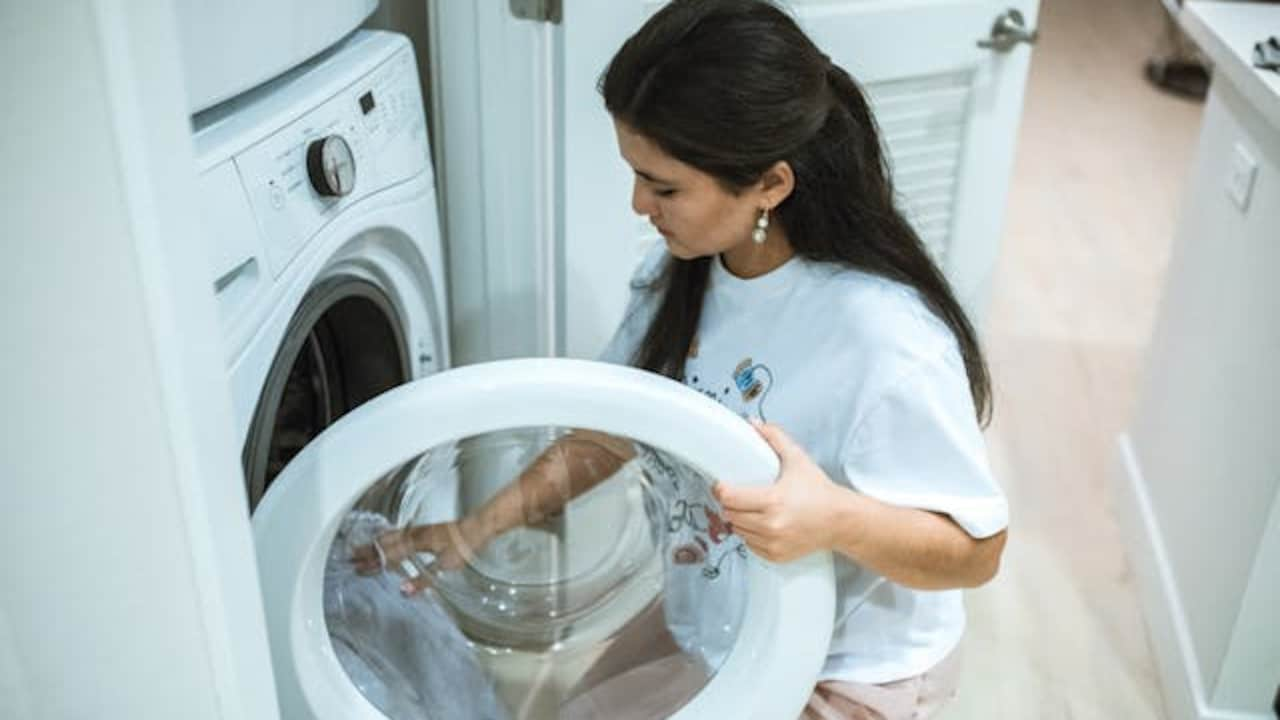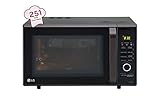How To Choose The Right Washing Machine For A Small Family: Save Power, Water And Money
Finding the perfect washing machine that balances efficiency, space and value can be daunting. This is a detailed, down-to-earth guide to help small families pick the right energy-efficient washing machine without breaking the bank or the planet. Explore these top tips to select the right washing machine for your family.

How to Pick the Right Washing Machine for Small Families That Are Energy-Efficient.
For most households, a washing machine is more than an appliance; it's a daily ally. From children's school uniforms to office wear and weekend outfits, it quietly keeps life running smoothly. But when the monthly electricity bill starts creeping up or water usage turns worrisome, it's time to rethink that old, noisy machine sitting in the corner.
In recent years, energy-efficient washing machines have transformed the way homes handle laundry. They consume less water and electricity while delivering cleaner, fresher clothes. For smaller families, typically two to four members, the trick lies in picking a model that's powerful yet not oversized, efficient yet affordable. Choosing the right one isn't just about size or style. It's about understanding how much energy you can save, how much space you actually need, and how to make a smart investment that serves your family for years.
So, if you really want to know how to choose the right washing machine for a small family that is energy-efficient, just dive into these 10 essential points to help you make the right choice. We list the top washing machines too, from Samsung, Haier to IFB.

Get the right energy-efficient washing machine in these simple steps; check top picks, from Samsung, Haier to IFB too.
Photo Credit: Unsplash
Also Read: Front Load vs Top Load Washing Machines: Pros, Cons And How To Pick The Right One For Your Home
Key Factors That Make a Washing Machine Truly Worth It
1. Understand Energy Efficiency Ratings
Before rushing to buy a new washing machine, take a close look at the energy rating label. These star ratings, issued by the Bureau of Energy Efficiency (BEE), are not just decorative stickers. They tell you exactly how much electricity the machine consumes. A 5-star rated washing machine, for instance, can save up to 40% more power than a 2-star model.
Imagine paying ₹400 less on electricity each month, that's about ₹4,800 a year saved. Over time, that's enough for a weekend getaway or a new microwave! Energy-efficient machines also reduce carbon footprints, helping homes go greener without any extra effort.
When checking the label, also note the water consumption details. A machine that saves both energy and water is a double win for smaller households looking to stretch resources.
2. Choose the Right Capacity for Your Family Size
For small families, bigger isn't always better. A 6 kg to 7 kg capacity washing machine typically hits the sweet spot. It's perfect for about 25–30 items of clothing, ideal for two adults and a child or two.
Buying a larger capacity model may seem tempting (“What if guests visit often?”), but it ends up using more water and power for smaller loads. On the other hand, a smaller machine that's always overloaded won't clean properly and will wear out faster.
A good rule of thumb: choose capacity based on your weekly washing habits. If laundry piles up only twice a week, a 6.5 kg front loader is a balanced, efficient choice. Compact, economical, and designed for smaller homes, it's a practical option that keeps bills low and wardrobes fresh.
3. Top Load or Front Load – Know Your Style
The long-standing debate between top-load and front-load machines continues, but the right choice depends on your lifestyle and laundry space.
Top-load machines are convenient, especially for those who prefer not to bend. They are also faster and generally cheaper. However, they tend to consume more water.
Front-load machines, on the other hand, are known for their energy efficiency, gentler wash cycles, and lower water usage. They might take longer, but the results are usually cleaner and softer.
For small families, front-loaders make a wise investment in the long run. They save more on utilities and handle delicate fabrics better. However, if you live in a compact home without much floor space, a top loader might be easier to fit.

Choose between top or front loader as per your preference; Photo Credit: Pexels
4. Look for Smart Wash Technology
Modern washing machines are far smarter than they appear. Features like fuzzy logic, inverter motors, and AI-sensing technology have made laundry care intuitive and effortless.
Fuzzy logic automatically adjusts water levels and wash cycles based on the load's weight and dirtiness. Inverter motors help the machine run quietly and use energy efficiently. Some even connect to mobile apps, letting you control cycles remotely, perfect for busy mornings.
A good example is the LG 6.5 kg Inverter Fully Automatic Front Load Washing Machine, which uses direct drive technology to reduce noise and vibration. Smart features don't just sound fancy, they genuinely reduce power wastage and make life simpler.
5. Check for Water Efficiency
In many cities, water scarcity is a growing concern. So, picking a machine that uses less water without compromising on cleaning performance is crucial.
Front-load washing machines generally use 30–40% less water than top-loaders. Many newer models also come with eco modes that reuse rinse water or shorten cycles.
Consider machines with built-in sensors that adjust water usage according to the laundry load. For instance, models from Samsung and Bosch often include “Eco Wash” settings that help small families save hundreds of litres each month.
In areas with hard water, go for machines equipped with in-built water softener features. They prevent scaling, protect the drum, and extend the machine's lifespan, all while ensuring clothes feel soft and clean.
6. Consider the Spin Speed and Wash Programmes
A machine's spin speed, measured in revolutions per minute (RPM), directly affects how dry your clothes come out. Higher RPM means faster drying, ideal for humid regions or apartments without much sunlight.
Look for machines with adjustable spin speeds. For example, 1,000 RPM is great for daily wear, while 600 RPM works well for delicate fabrics.
Also, explore the available wash programmes. Options like Quick Wash, Gentle Care, Baby Care, and Eco Wash make a huge difference in energy consumption and garment longevity. Machines with steam cycles even help remove allergens, a thoughtful touch for families with small children.

Evalute the spin cycle and wash programmes; Photo Credit: Pexels
7. Don't Overlook Noise and Vibration Levels
Small homes mean thin walls, and a noisy washing machine can quickly become everyone's problem. Machines with direct drive motors or inverter technology tend to operate more quietly.
Check for vibration reduction systems and insulated drum designs. Many premium models advertise “silent wash” or “low noise operation,” which can make laundry time much more peaceful.
A quieter machine also lasts longer because it indicates smoother operation with less wear on internal parts. Whether doing laundry late at night or during early mornings, a calm, vibration-free machine ensures a serene home environment.
8. Energy-Saving Wash Cycles Matter
Even an energy-efficient machine can waste electricity if used incorrectly. Opt for models that come with special eco or energy-saving wash programmes. These cycles use lower temperatures, consume less water, and still clean effectively.
Running a 30°C wash instead of a 60°C cycle can save up to 60% of the energy. Over months, this translates into notable savings on your electricity bill.
Many brands now include “Quick Eco” or “Cold Wash” settings that are perfect for lightly soiled clothes. Not only does this reduce energy use, but it also helps fabrics retain their colour and texture.
9. Think Long-Term: Warranty and After-Sales Service
Buying a washing machine is a long-term investment, so reliable after-sales service and warranty coverage are non-negotiable.
Look for brands that offer at least a 10-year warranty on the motor and 2–3 years on the overall product. Companies like IFB, LG, Bosch, and Whirlpool are known for dependable service networks across the country.
Also, check the availability of spare parts and service centres in your city. Nothing is more frustrating than a faulty machine and a technician who takes weeks to show up. Choosing a brand with a strong local presence ensures peace of mind and uninterrupted laundry days.

Don't forget to consider a brand that offers long-term warranty; Photo Credit: Unsplash
10. Budget Smartly – Balance Cost with Value
It's easy to get dazzled by glossy advertisements and sleek models, but the best machine isn't necessarily the most expensive one.
A good, energy-efficient washing machine for small families typically costs between ₹20,000 and ₹40,000. Front loaders sit on the higher end of that range but offer better long-term savings.
When budgeting, think about total cost of ownership, electricity, water, detergent, and maintenance over 8–10 years. A slightly higher upfront cost often pays off with lower running expenses and fewer repairs.
Some e-commerce platforms even offer exchange discounts or cashback deals, so keep an eye out during festive seasons. Smart spending isn't about spending less; it's about spending wisely.
Products Related To This Article
1. IFB 8 Kg 5 Star, DeepClean® Technology, AI Powered
2. Haier 6 kg 5 Star Oceanus Wave Drum Washing Machine Fully Automatic Top Load
3. Samsung 8 kg, 5 star, Eco Bubble Technology
4. Whirlpool 7 kg Magic Clean 5 Star Fully Automatic Top Load Washing Machine
5. LG 8 Kg 5 Star Smart Inverter Technology Fully Automatic Top Load Washing Machine
6. Godrej Smart Choice 7 Kg 5 Star
7. Voltas Beko, Top Load 7 Kg 5 Star Eco Wash/Monsoon Dry Fully-Automatic Washing Machine
Choosing the right energy-efficient washing machine is not just a household decision; it's an investment in comfort, sustainability, and savings. For small families, every litre of water and every unit of electricity counts. The right machine can make daily chores smoother, lighter, and more eco-friendly.
By understanding capacity, efficiency ratings, smart features, and long-term value, families can pick a model that aligns with their lifestyle and budget. After all, a good washing machine should do more than clean clothes; it should simplify life, one spin at a time.
Disclaimer: The images used in this article are for illustration purpose only. They may not be an exact representation of the products, categories and brands listed in this article.
























